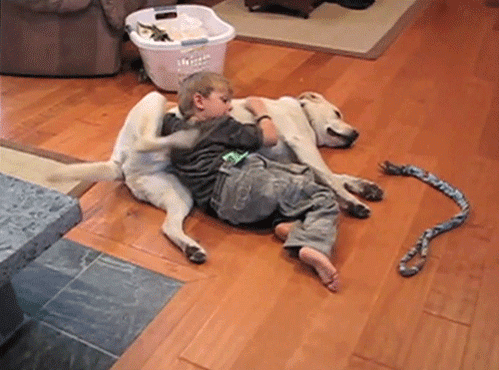 Aquaculture has been commonly practiced in China and other Asian countries and the historical past goes back again around 2000 many years. Industrial aquaculture is done in earthen ponds and the top quality of the drinking water utilized has to be regularly monitored for the overall health of the maritime existence.
Aquaculture has been commonly practiced in China and other Asian countries and the historical past goes back again around 2000 many years. Industrial aquaculture is done in earthen ponds and the top quality of the drinking water utilized has to be regularly monitored for the overall health of the maritime existence.
Aquaculture is very normally labeled with agricultural pursuits and expectations for effluent from this sort of fish farms are judged accordingly. 30 p.c of the feed employed in aquaculture tends to grow to be waste. This is in addition to the other squander produced by the fish excreta. All this squander lessens the oxygen content in the h2o and can affect marine lifetime. It is consequently really essential to consistently monitor the ailment of the drinking water and get rid of it for re-treatment method right before reuse.
Aquaculture or fish farming can create effluents that can have an adverse influence on the rivers 養魚種菜 and watercourses that this kind of effluent could be drained into. Water alone is a extremely scarce useful resource and it for that reason makes feeling to address the effluent from aquaculture and reuse the h2o. Pretty generally this can also make a whole lot of seem economic perception. Land-primarily based aquaculture and fish farms develop effluents in the form of water and solids. 親子活動 The drinking water will have dissolved vitamins and other substances. Solids come from inorganic resources like sand or soil from the floor of the fish ponds and natural and organic substances in the sort of algae, uneaten foodstuff, and many others.
Picture source: Wikimedia
Aquaculture effluent reuse entails the remedy of these wastewater made up of dissolved substances and other solid waste. As aquaculture is ordinarily carried out in extensive open up lands, the possibility of these kinds of wastewater impacting surrounding groundwater sources has also aquaponics to be presented equivalent interest. The high quality of water applied to farm fish also has an result on their growth and overall health. This 屋頂農場 calls for the continual replenishment of the water and managing and reusing the water can greatly minimize charges. Ammonia is the principal nitrogenous squander developed by fishes and significant concentrations of this can lead to tissue damage and reproductive destruction.




 Aquaculture has been commonly practiced in China and other Asian countries and the historical past goes back again around 2000 many years. Industrial aquaculture is done in earthen ponds and the top quality of the drinking water utilized has to be regularly monitored for the overall health of the maritime existence.
Aquaculture has been commonly practiced in China and other Asian countries and the historical past goes back again around 2000 many years. Industrial aquaculture is done in earthen ponds and the top quality of the drinking water utilized has to be regularly monitored for the overall health of the maritime existence.